Classic Samurai CS-102 Matte Black Folding Straight Razor, Shavette with 100 Derby Premium Single Edge Razor Blades
Made from genuine surgical grade stainless steel! Perfect for Barbershop and Personal Usage. Rounded exposure at the end of the blade compartment helps to minimize cuts.

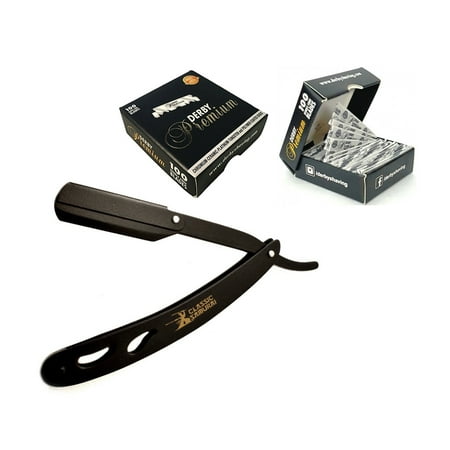




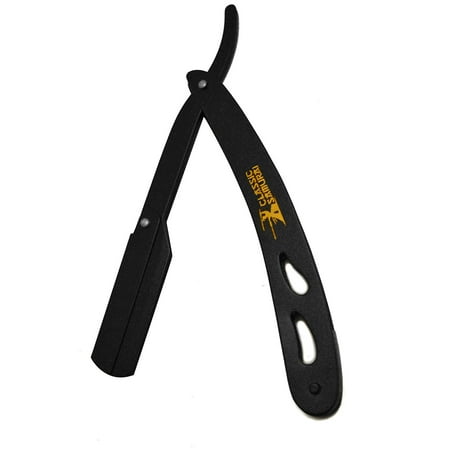
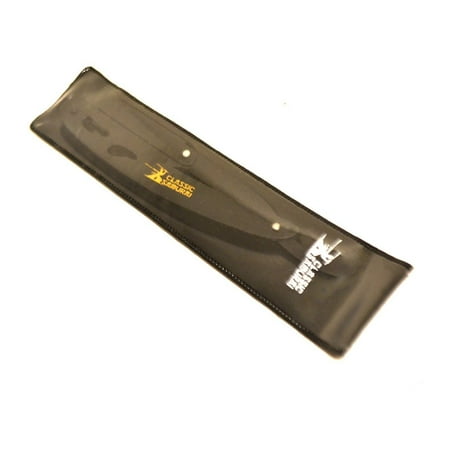

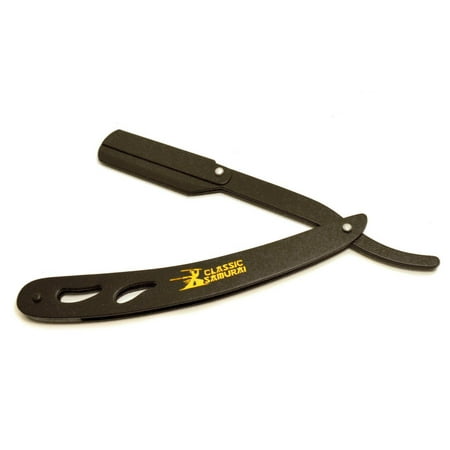
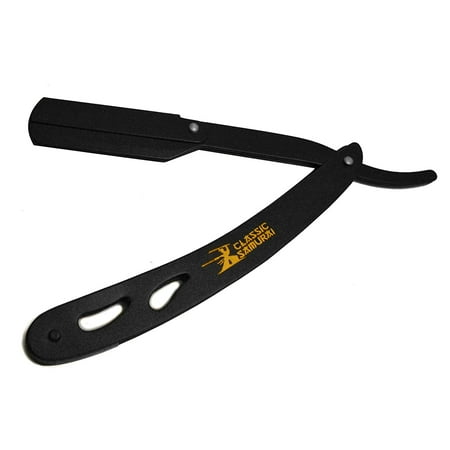
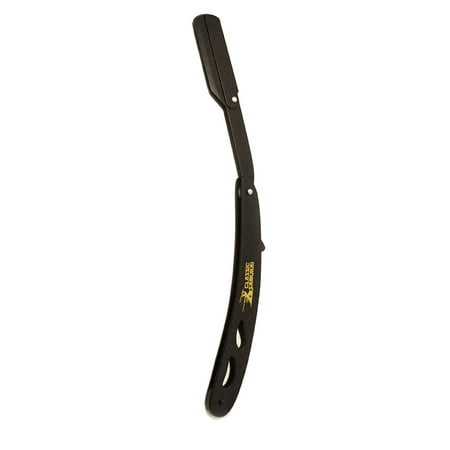
Reviews
There are no reviews yet.